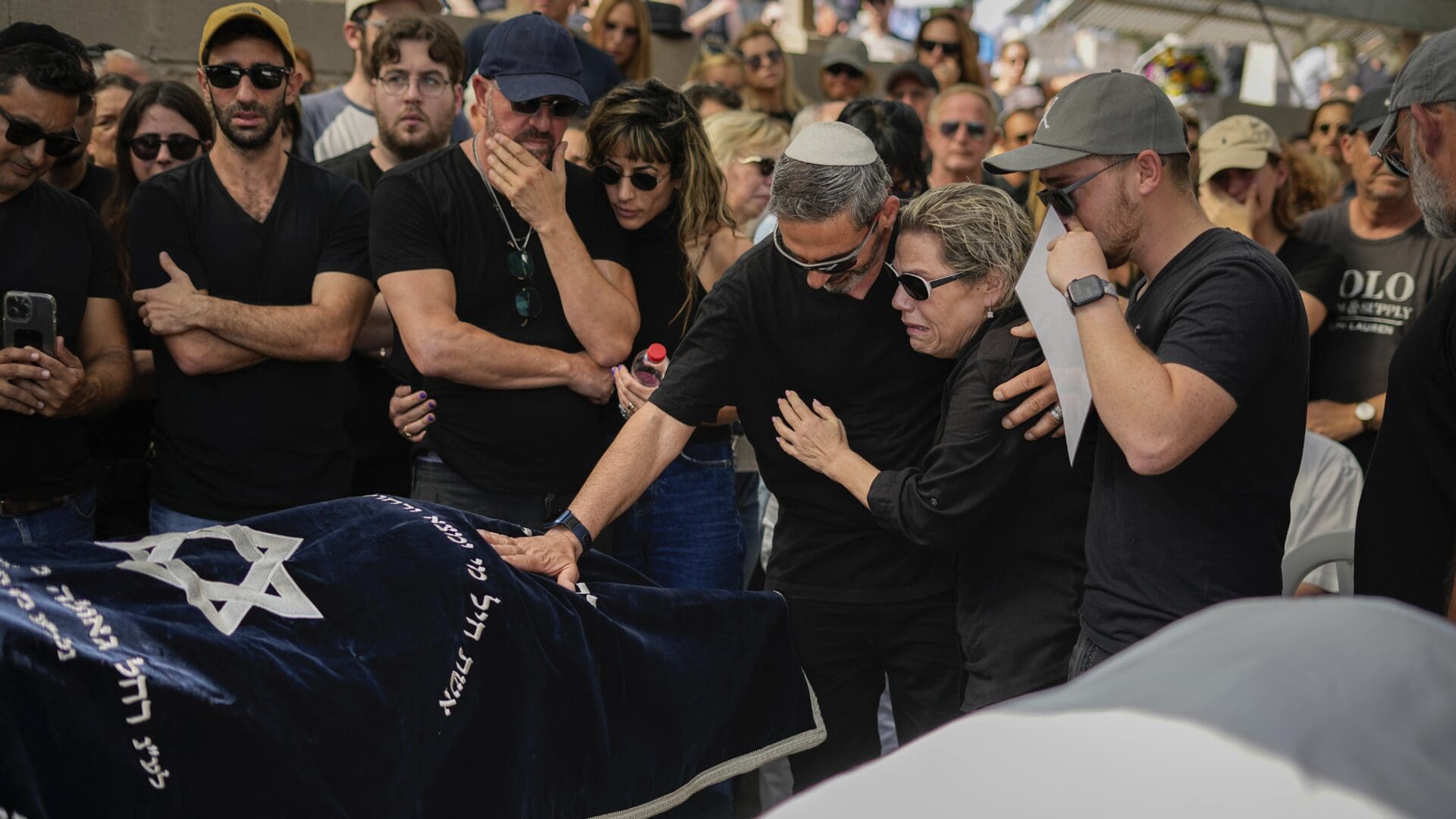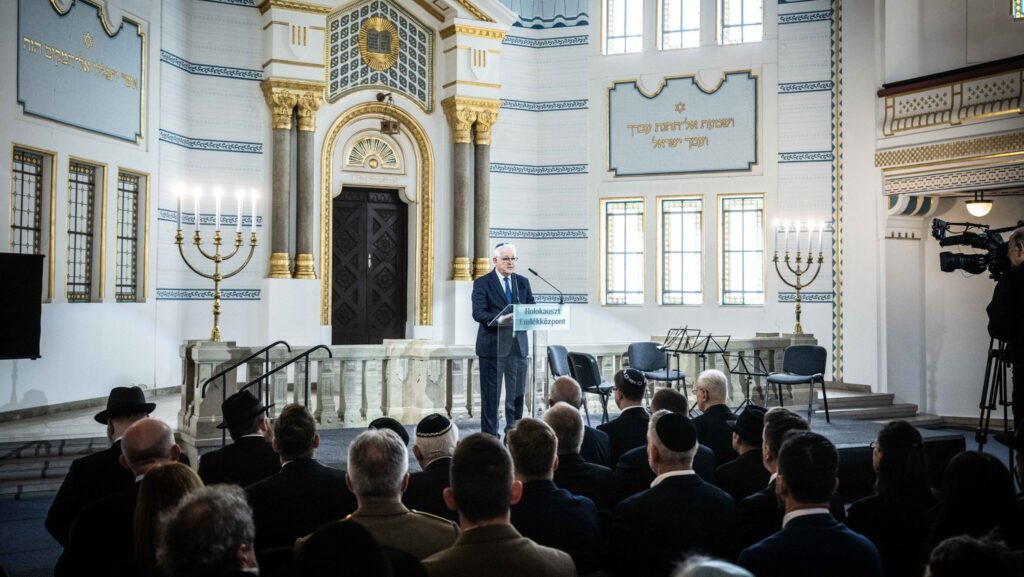The following is a translation of an article written by Csilla Varga, a researcher at the University of Public Service Institute for Strategic Studies, originally published on Ludovika.hu.
The Palestinian terrorist organization Hamas launched an attack on Israel last Saturday early morning, in which more than 1,100 people have been reported killed on each side so far. Hamas has taken 130 Israeli hostages who are being held in the Gaza Strip. Josep Borrell, the EU High Representative for Foreign Affairs and Security Policy convened an extraordinary meeting of foreign ministers on Tuesday this week, while several European states have increased security measures to protect the Jewish communities and Jewish institutions in their countries.
Further figures suggest that more than 800 people may have been killed and 2,200 injured in Israel, while on the Palestinian side, 500 people have been killed and more than 2,700 injured.
Israeli Prime Minister Benjamin Netanyahu has said that Israel is at war and will fight back hard against the attack.
On Monday morning, the Israeli army announced that it had regained control of all towns in the Gaza Strip. In addition, on Monday, Israeli Defence Minister Yoav Gallant ordered a complete blockade of Gaza, meaning that Israel will not allow any electricity, food, or fuel into the Strip.
A member of Hamas’ top leadership also spoke out about the attack, reporting that only a few Hamas commanders knew about the action against Israel and that not even the organization’s closest allies had been informed of their plans. Neither Iran nor Lebanon’s Hezbollah, a Shiite Muslim political party and militant group, took part in the operation, but they will join the fighting in case ‘a genocidal war’ is launched against Gaza. According to the leader, the operation had been in preparation for more than a year and was launched because of provocative visits by members of the Israeli government to Muslim holy sites and increasing pressure on Palestinian prisoners, as well as reports of plans to eliminate Hamas leaders. He added that they were also surprised by the success of the military operation dubbed ‘Al-Aqsa Storm’ as they expected Israel to repel or significantly obstruct the attack. Hamas is reported to be ready even for a protracted conflict, and their hostages are to be used to secure the release of all Arab prisoners held in Israeli jails and those convicted in the United States of supporting the organization.
Josep Borrell, EU High Representative for Foreign Affairs and Security Policy convened an extraordinary meeting of foreign ministers on Tuesday
to review the context and consequences of the conflict. In a statement issued on behalf of the EU last Saturday, Borrell condemned Hamas’ repeated and indiscriminate attacks on Israel and called for an immediate end to pointless operations. Borrell also stressed on social media that the targeting of innocent civilians can never be justified.
The EU expressed its solidarity with Israel, underlining its right to defend itself against such violent and indiscriminate attacks in accordance with international law.
Hungarian Commissioner for Neighbourhood and Enlargement Olivér Várhelyi announced on Monday that the EU is suspending aid to the Palestinians with immediate effect following the Israeli attack. This means €691 million which could have been used to fund basic services such as health care, social assistance, and various development projects. Germany and Austria have also announced the suspension of bilateral assistance, amounting to €125 million and €19 million respectively. In contrast, Italy announced on Monday that it would continue to provide humanitarian aid to the Palestinian territories. Luxembourg, the biggest donor to the Gaza Strip, also said it would maintain aid, arguing that the two million people living in Gaza are also vulnerable to Hamas and will fall further under the power and influence of terrorists without help.
Meanwhile, France, Britain, and Germany have introduced increased safety measures to prevent possible attacks against Jewish communities in their countries.
Police in London have enhanced their presence since Saturday last week in response to possible protests, with the British government saying it is doing all in its power to protect Jewish communities. In Germany, Chancellor Olaf Scholz stressed in a statement on Sunday that the German government would not accept that the horrific attacks on Israel are celebrated on the streets of Germany. On Sunday, Berlin police announced their intention to increase protection for Jewish communities and institutions after a video emerged of a Palestinian group handing out sweets in central Berlin following the Hamas attacks on Israel. In France, Prime Minister Élisabeth Borne also underlined that security would be stepped up at places of worship and Jewish facilities. She stressed that there is no particular threat at the moment, but that the French government is extremely vigilant on what is happening in the country.
At the same time, European countries have begun evacuating their citizens from the vulnerable zone and several European airlines suspended flights to Israel. The Arab League and Russia have called on the warring parties for a ceasefire and negotiations. Russian Foreign Minister Sergey Lavrov said that the violence was unacceptable, and that Moscow expected Western countries to call for a cessation of hostilities, too, adding however that their position raised questions because they were insisting that Israel must win.
Related articles:
Click here to read the original article.








